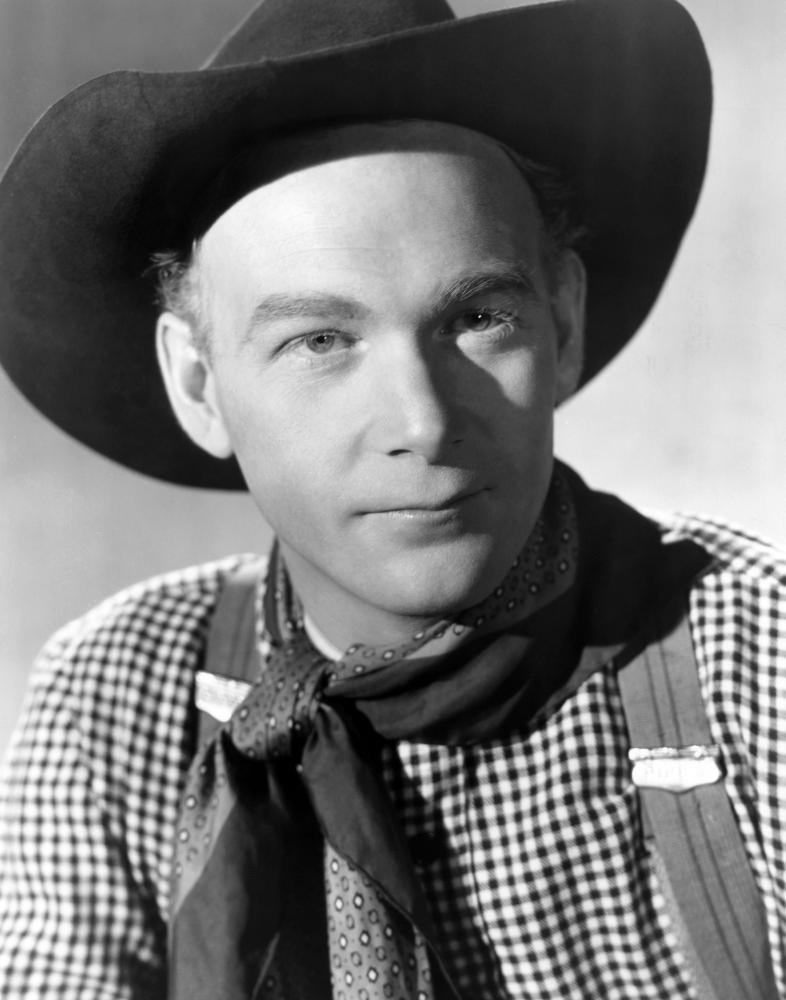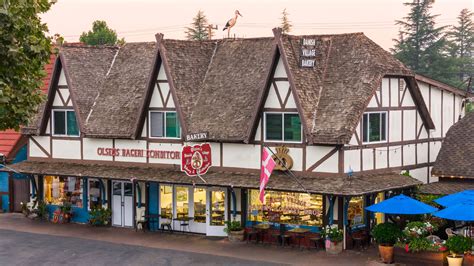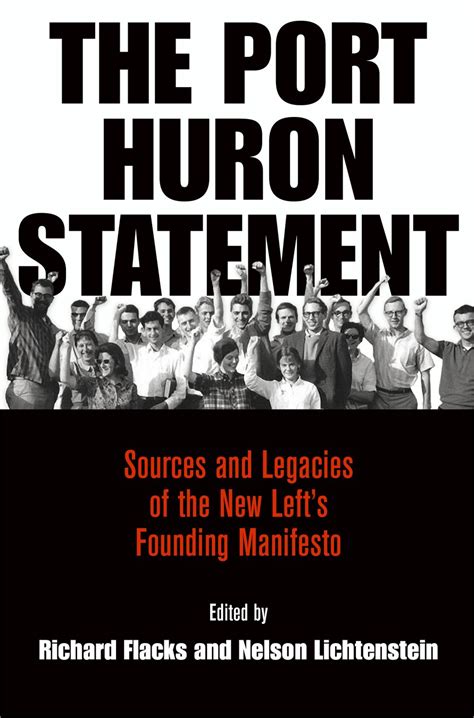Harry Carey Jr., affectionately known as Dobe Carey, was an American actor and one of the most recognizable faces in the realm of Western cinema. Born on May 16, 1921, in Saugus, California, Carey Jr. was the son of Harry Carey, a silent film star and one of the earliest cowboy heroes of the silver screen, and his wife, Olive Fuller Golden. Growing up, Harry Jr. was immersed in the world of films, often visiting his father on set and learning the ins and outs of the acting craft from a very young age.
Carey Jr.’s entry into acting was somewhat inevitable, given his family’s deep roots in the film industry. He began his career as a child actor, making his screen debut in the 1929 film “The Little Shepherd of Kingdom Come.” However, his early start in films was slow, with sporadic appearances throughout his childhood and early teenage years. It wasn’t until after serving in the United States Navy during World War II that Carey Jr. began to pursue acting more seriously. He changed his name from Harry Carey Jr. to Dobe Carey to distinguish himself from his father and to establish his own identity in the acting world.
Throughout the 1940s and 1950s, Carey Jr. started landing more significant roles, predominantly in Westerns, which would become his specialty. His breakthrough role came in 1948 with the film “Red River,” directed by Howard Hawks, where he played the part of Dan Latimer. This role not only showcased his acting abilities but also marked the beginning of a long-standing collaboration with John Wayne, with whom he would go on to star in numerous films, including “She Wore a Yellow Ribbon,” “Rio Grande,” and “The Searchers.”
Carey Jr.’s career spanned over six decades, with appearances in more than 100 films and television shows. He became a staple of John Ford’s stock company, alongside other notable actors like Ben Johnson, Ward Bond, and Hank Worden, contributing to some of the most iconic Westerns in cinema history. His contributions to the genre are undeniable, and his performances are marked by a unique blend of humor, toughness, and vulnerability.
One of the defining aspects of Carey Jr.’s acting style was his ability to bring depth and nuance to his characters, often playing roles that were more than just the typical “sidekick” or “cowboy.” He had a knack for portraying complex, multidimensional characters, which added richness to the stories he was a part of. His on-screen presence was bolstered by his off-screen persona, known for his humility, kindness, and dedication to his craft.
In addition to his film work, Carey Jr. was also an accomplished writer. He penned an autobiography, “Company of Heroes: My Life as an Actor in the John Ford Stock Company,” which offers a unique insight into his life, career, and experiences working with some of the most iconic figures in Hollywood. The book is a testament to his storytelling ability and provides a firsthand account of the golden age of Western cinema.
Harry Carey Jr.’s legacy in the world of cinema, particularly within the Western genre, is nothing short of legendary. His contributions, both in front of and behind the camera, have inspired generations of actors and filmmakers. He passed away on December 27, 2012, but his body of work continues to entertain, educate, and influence audiences around the globe. Carey Jr.’s impact on the film industry serves as a reminder of the power of perseverance, talent, and a genuine passion for storytelling.
What was Harry Carey Jr.'s most notable role?
+Harry Carey Jr.'s most notable roles were often in Westerns, particularly those directed by John Ford, including "She Wore a Yellow Ribbon," "Rio Grande," and "The Searchers," where he starred alongside John Wayne.
How did Harry Carey Jr. get his start in acting?
+Carey Jr. began his acting career as a child, appearing in his first film, "The Little Shepherd of Kingdom Come," in 1929. However, it wasn't until after serving in the Navy during World War II that he started pursuing acting more seriously.
What was unique about Harry Carey Jr.'s acting style?
+Harry Carey Jr. was known for bringing depth and nuance to his characters, often portraying complex, multidimensional roles. His ability to add richness to the stories he was a part of, coupled with his natural on-screen presence, made his performances stand out.
Did Harry Carey Jr. write any books?
+Yes, Harry Carey Jr. wrote an autobiography titled "Company of Heroes: My Life as an Actor in the John Ford Stock Company." The book provides insights into his life, career, and experiences working with John Ford and other iconic figures in Hollywood.
What legacy did Harry Carey Jr. leave in the film industry?
+Harry Carey Jr.'s legacy in the film industry, especially within the Western genre, is profound. His contributions as an actor, his experiences shared through his autobiography, and his influence on future generations of actors and filmmakers have cemented his place as one of the most beloved and respected figures in Hollywood's history.
Despite his passing, Harry Carey Jr.’s impact on cinema remains vibrant, thanks to the enduring nature of his films and the stories he helped tell. His life and career serve as a testament to the enduring power of the Western genre and the significant role he played in shaping it for generations to come. As the film industry continues to evolve, the legacy of Harry Carey Jr. stands as a reminder of the importance of authenticity, dedication, and the pursuit of one’s passion, no matter the medium or genre.



